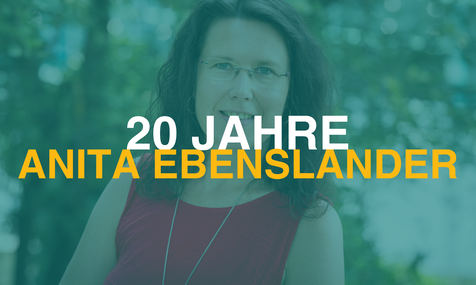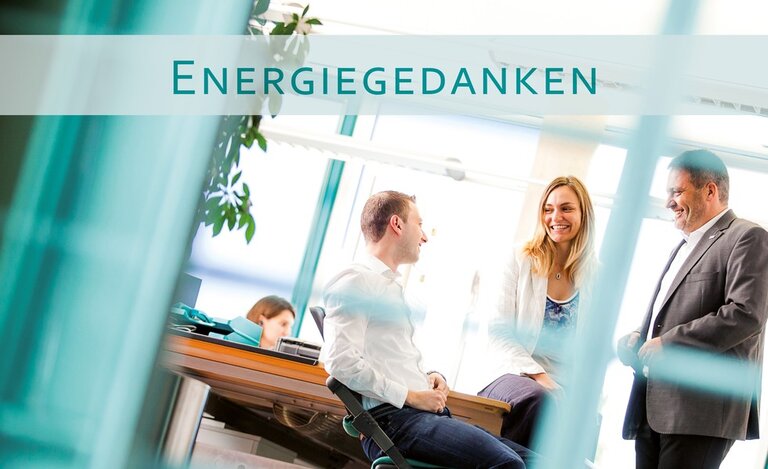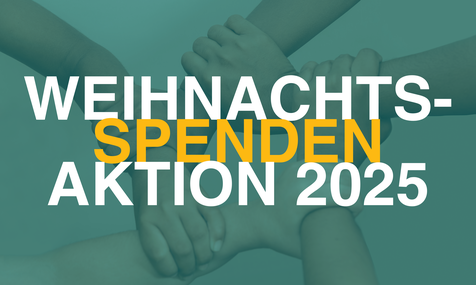Intelligent counting slowed down: many cooks spoil the smart meter
Many in the energy industry have been talking almost exclusively about smart meters for several years now. Intelligent meters for gas, electricity and heat: the European Union has called for them, some EU countries have "rolled them out" quickly and are now carrying out the "roll-out" for the second time. Germany was not at the forefront of the roll-out, as is usually the case, and even still has its difficulties with the roll-out today.
It doesn't help that TÜV Rheinland claims to have identified a "smart home megatrend" at this year's Funkausstellung in Berlin. Because even if "more and more household appliances are thinking for themselves, smart technologies are on the rise and more convenience is being created by networked household appliances": The meter that switches on the washing machine, for example, precisely when there is a surplus of electricity in the grid, does not yet exist in the normal basements of our republic.
The only thing that is clear to anyone who needs to know is: "By 2032, normal meters will be replaced by electronic ones." But whether the normal household customer will benefit from negative exchange electricity prices is another matter. "Only consumers over 6,000 kWh will have to operate the smart metering system," says the expert, whose name we will keep under wraps, adding: "If the grid operator is nice, they might allow it."
But even for those with higher consumption levels, who are obliged to operate smart metering systems, it is still impossible to match consumption and generation according to demand and availability. The smart meter roll-out was supposed to begin on January 1, 2017. However, according to the expert, the fact that the go-ahead will take some time is due to "the many cooks: They spoil the broth". He lists those responsible for calibration law alone - a matter for the individual federal states - as well as three federal ministries and authorities involved. There is a Smart Meter Act - but not a single one of the many ordinances required for implementation. Just as there is no road map from the legislator.
It is therefore not the manufacturers' fault that nothing is progressing, our insider says, dispelling the misinformation that is often heard. "A lot is being invested, but no money is flowing back," he says. And he knows that "large companies with their own projects are under pressure, doomed to success".
Real estate companies and landlords in particular are likely to be very interested in smart metering, as even the smallest details are listed in the Tenant Electricity Act. For example, Section 20 (1d) states: "In the case of sub-meters not connected to a smart meter gateway that are relevant for balancing, the offsetting of power values determined by standardized load profiles in accordance with Section 12 (1) of the Electricity Grid Access Ordinance with 15-minute power values of the summation meter from a recording load profile measurement collected at the summation meter is permitted, provided that this does not conflict with energy industry or measurement and calibration law concerns." However, as already mentioned, the authorities responsible for calibration and electricity must first formulate joint solutions.
And so it will probably be a long time before "the younger age groups in particular" can use innovative energy services. They are most interested in "generating new sales with individual (digital) offers from energy suppliers and retaining their loyalty in the long term". This is according to a recent study by market researcher BearingPoint. "The range of energy-related services and products is already particularly relevant for 64% of customers when it comes to choosing their electricity supplier. Energy-related services include, for example, building energy efficiency and energy-saving products, smart home applications, smart meter solutions and decentralized energy systems. Around two thirds of those surveyed can imagine purchasing these services from their electricity supplier - although only three percent already use such services."
How could they - without smart meters?!
(Author: Zukunftsenergie-Team Gammel)



